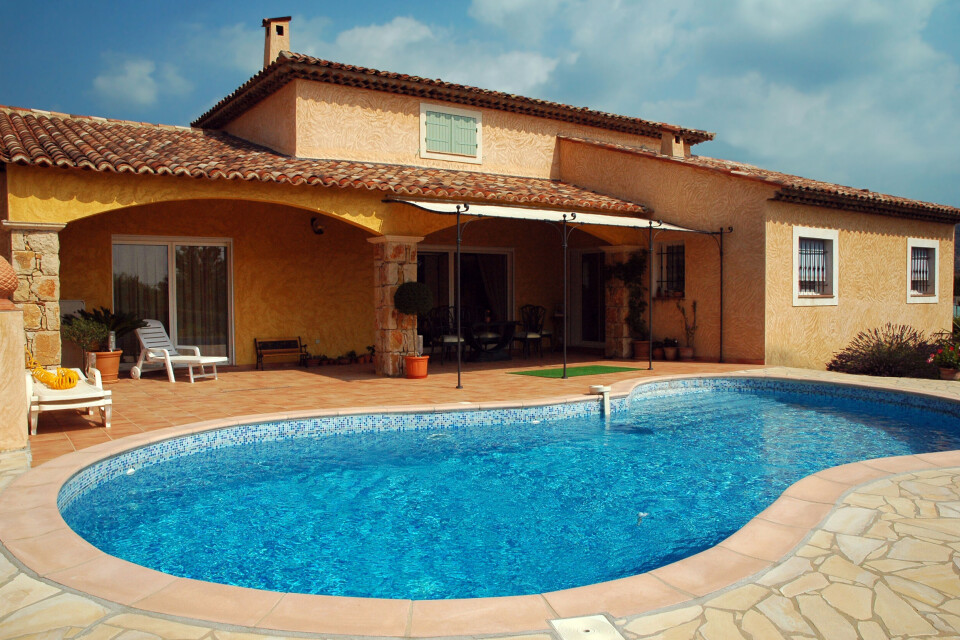-
Paris pledges action against voyeurs in public swimming pool changing rooms
It comes after several women came forward to report similar sexual assaults
-
Two rules to not fall foul of around vide-greniers sales in France
There are several regulations around what can be sold – and how - at these car-boot-style events
-
What are the rules concerning barking dogs in France?
Repetitive noises such as barking dogs can lead to fines – even if they happen during the day
France drought rules: Do they stop me topping up my swimming pool?
With droughts set to hit France hard again this year, we look at what is and is not allowed when it comes to private swimming pools

Reader question: Obviously there are restrictions on filling up private swimming pools during droughts, but does this extend to ‘topping up’ a pool? What are the alternatives if so?
As with most drought-based queries, the answer here depends on what level your area is currently facing.
As a reminder, there are four tiers to the drought warning levels. Level one is the lowest, which asks residents to pay attention to their water usage, whereas level four is classed as a ‘crisis’, which introduces severe restrictions on all but the most basic of necessities.
These restrictions can differ both between departments, and sometimes between communes within departments, so you should keep up to date with local restrictions.
You can do this using the official drought map here or by contacting your local mairie (note that if the map website does not display correctly there is also an option to click to download a PDF map).
This being said, when it comes to private pools regulations on water usage are fairly strict.
As soon as an area reaches the second tier, alerte, ‘filling up’ (remplir) an in-ground or large above-ground private pool is banned – unless it has been recently built and is being filled for the first time.
Topping up a pool is allowed apart from at level four (crise).
Once the highest level is reached, filling any kind of basin holding more than one cubic metre is banned.
Those breaking the ban could face a fine of €1,500, or €3,000 for repeat offenders.
Something to note, however, is that you are permitted to use collected rainwater to refill your pool.
Read more: Neighbours tell on each other as drought rules bite in southern France
What are the alternatives to keep pools healthy?
The first piece of advice is to stay ahead of restriction announcements by keeping an eye on the situation.
With drought restrictions already in place in a number of locations, it is almost certain the country will see another difficult summer, and you should plan ahead when it comes to your pool.
On top of this, you should look into some alternative measures to keep pools healthy and prevent evaporation from the sun.
You should pay particular attention to sanitation once temperatures outside hit 28C.
This may include:
- Using a pool cover to keep your pool cool when not in use. This will help prevent evaporation
- Using a filtration system
- Using anti-algae products once a week to clean the pool
- Making sure that the pool’s pH levels stay between 7 and 7.4 – you can use products to keep it at this level
- Cleaning the pool daily with a net or a robot assistant
- Using disinfectant products in the pool, and replacing chlorine cleaning products with more powerful ones
You can also install smart pump systems to help better control water flow and usage in droughts, but these may be expensive to install especially when the demand increases prior to hot periods.
Article edited July 12 to clarify drought restriction rules
Related articles
French region offers €20,000 for rain collectors as popularity surges
























